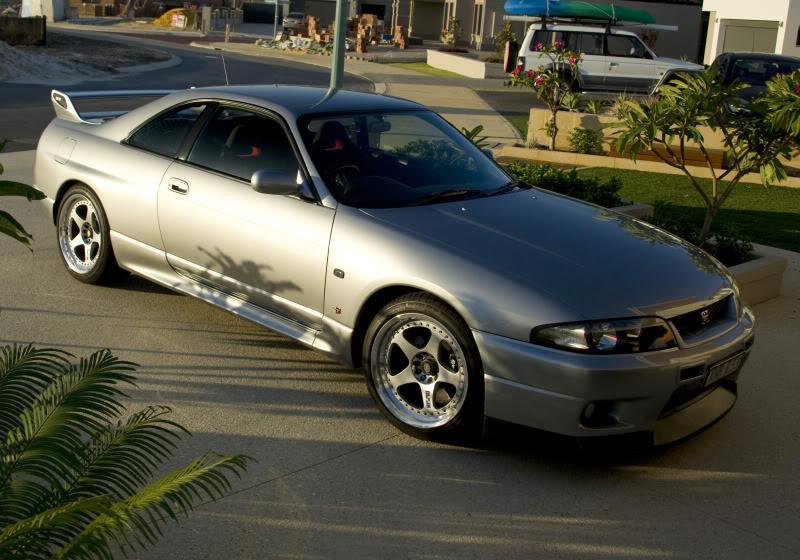Originally posted by Preen59
View Post
One of my issues, if you read back a couple of posts, was that these tuners are close-lipped about how they tune, and most seem to indicate at the engine power figures. Seems this is common with Audi and VW tuners, I'm not singling this guy out. I want more clear information because I come from a tuning scene where we use dyno tuning, and gains are accurately discussed in terms of KW at the wheels on a certain dyno using a certain measurement mode (math model). Enough with the talk already, tune a car, dyno it and post the results - surely that's not too hard to do. He has back calculated using estimated drive train losses to get the 235kw at the engine figure, unless he engine dyno'd the car. I'd like to know which method he used, and if i was dyno'd and back calculated what are the specifics of the dyno used - this along with the dyno measurement mode should be provided when making power claims, and this is what I'm used to. Also if it was calculated from an at the wheels figure what % drivetrain loss was used and how was this established? At the wheels figures are commonplace in japanese tuning, no idea why german tuners use predominantly at the engine figures.
@johnw - I have seen cars with mail in tunes knocking like you wouldn't believe. These cars would have destroyed themselves had the tunes not been checked, diagnosed and adjusted on a dyno or the street. Most mail in tunes should be very conservative, but some arent, and the fact remains that you don't know what your cars engine is doing after the flash. Say your fuel pump is on the way out, and you flash a tune to your car that was developned on a car with everything working well. Say your injectors are a bit blocked etc etc. Your engine could be at risk of damage or indeed being damaged and you'd never know till it lets go. Hey, it's your money and it's your engine, if you want to risk it, by all means go for it. I prefer to know for sure my engine is safe.
Tuners also allow a safety margin in their tuning, so that for example in higher ambient temps or fuel that is a couple of points down on octane rating, there is no knocking. You don't knife edge tune a street car like you would a drag or track car (these are often adjusted on the day of racing anyway to acount for variables). Also as engines wear sure things change, so you get a touch-up done after some time has passed, or if you change something like your exhaust.



Comment